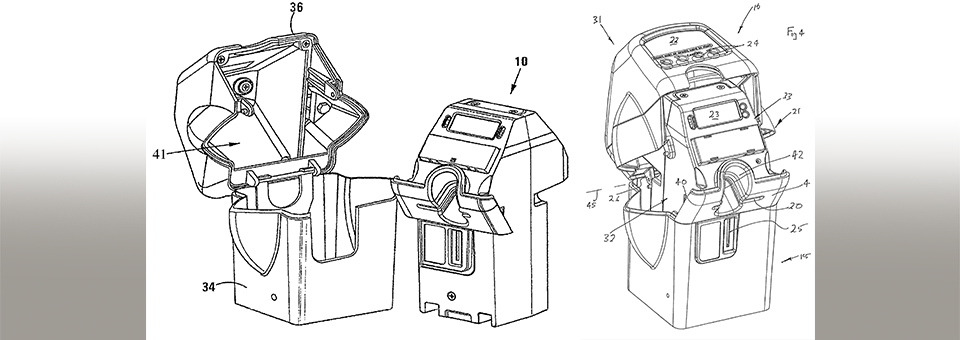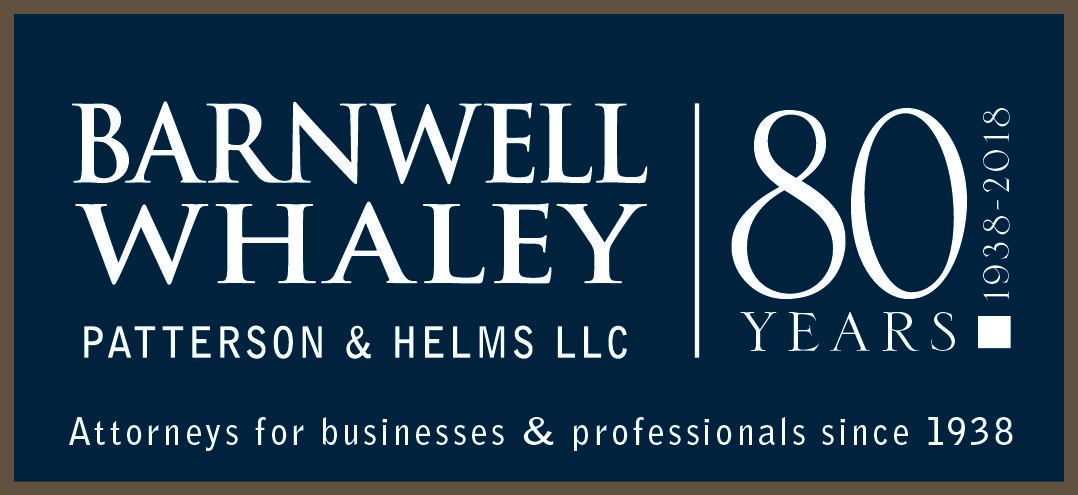
Patent and Trademark Appeal Case Summary
Duncan Parking Technologies, Inc. v. IPS Group, Inc.
No. 2018-1205 Federal Circuit Judges Lourie, Dyk, and Taranto.
IPS Group Inc. (“IPS”) appealed from two district court decisions granting summary judgment of noninfringement of U.S. Patents 8,595,054 (“the ’054 patent”) and 7,854,310 (“the ’310 patent). Duncan Parking Technologies Inc. (“DPT”) appealed from a related decision of the PTAB holding that claims of the ’310 patent were not unpatentable as anticipated under 35 U.S.C.§102(e). The Court reversed the Board’s decision with regard to ’310 patent; affirmed the district court’s decision granting summary judgment of noninfringement of the ’310 patent; and vacated the district court’s decision in granting summary judgment of noninfringement of the ’054 patent because the district court erred in construing its claims too narrowly.
The ’310 and ’054 patents are directed to parking meter technology and have similar specifications. The ’054 patent names King and Schwarz as inventors, while the ’310 patent names King and three others as inventors. The issue that the Court decided with regard to the PTAB holding was whether the ’054 patent anticipated claims of the ’310 patent. A patent is anticipated under 35 U.S.C. § 102(e) if “the invention was described in . . . a patent granted on an application for patent by another filed in the United States before the invention by the applicant for patent.” A controlling issue is whether the patents were granted to the same inventive entity. The Court ruled that they were not and found anticipation under § 102(e). The Court disagreed with the Board in determining that an anticipating embodiment of the ‘054 patent was invented by King and Schwartz (not just King), which was a different inventive entity from that of the ‘310 patent having King as an inventor.
Turning to the grant of summary judgment of noninfringement of the ’310 patent, the Court determined that the accused device did not meet the limitation of a “cover panel movably attached to the intermediate panel set. . . [with] a plurality of buttons.” The Court refused to find infringement under the doctrine of equivalents, stating that such holding “would essentially void the claim limitation of a ‘housing [with] a cover panel being movably attached to the intermediate panel set [and with] a plurality of buttons.’” The doctrine of equivalents cannot be used to erase meaningful structural and functional limitations of a claim. The Court further found that the keypad of the accused device did not work in the same way as the patented device, as the function-way-result test of Graver Tank requires for the doctrine of equivalents.
The Court found that the district court’s claim construction was flawed and vacated the district court’s grant of summary judgment of noninfringement of the ’054 patent. Citing Phillips v. AWH for the proposition that “[c]laim terms must be given the ordinary and customary meaning that the term would have to a person of ordinary skill in the art when read in the context of the specification and prosecution history,” the Court consulted The New Oxford American Dictionary (2d ed. 2005) and the specification. It construed the term “receivable within” as meaning “capable of being contained substantially inside” the housing base of the meter according to the Court, and not “entirely” contained within the housing, as the district court held.
Read more: Federal Bar member attorneys may access the full case summary by Barnwell Whaley attorney Bill Killough in the February issue of Federal Circuit Case Digest.
Additionally, you may read the full opinion here.
Images: patent art from google patents

B.C. “Bill” Killough is a registered patent attorney with Barnwell Whaley law firm with offices in Charleston, SC and Wilmington, NC. On behalf of his clients, Bill has obtained more than 300 United States patents, participated in prosecuting more than 100 foreign patent applications and he has filed more than 1000 trademark applications with the US Patent and Trademark Offices.




